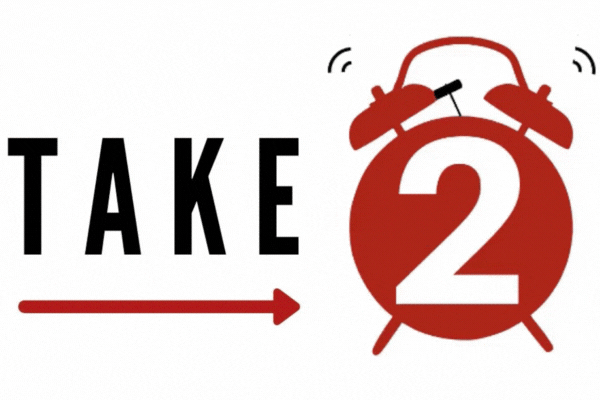The sound of buzzing bees incites fear in some people and wonder in others. However, the sound may fade to silence in the future: honeybees have declined 44 percent nationwide in the past year, and the Dallas area has seen an alarming decline in native bees.
The sudden decline in bee populations remains a mystery to scientists, with most researchers crediting multiple factors.
“Colony Collapse Disorder has been an issue for bees in recent years,” said Pam Brooks, AP Environmental Science teacher and grades 7-9 science coordinator. “There are many theories about why the bee populations are declining including pesticide use, urbanization, and pests to the bees such as invasive varroa mite. Most likely, the reason is complex with multiple variables. Researchers are continuing to explore the reasons why the bees are becoming reduced and to determine ways to prevent their loss.”
Colony Collapse Disorder is a relatively new phenomenon that occurs when the majority of worker bees in a colony disappear and leave behind a queen, food and a few nurse bees to care for the remaining immature bees and the queen.
Although scientists are still grappling with ways to prevent Colony Collapse Disorder in its entirety, there are steps community members and students can take to protect local honeybees and native bees, especially going into the summer.
“Don’t freak out. Don’t swat at them. Respect what they’re doing, maybe plant some native flowers at your house and encourage bees to come and pollinate,” said Jerad King, junior and president of the Environmental Club. “If you have a hive, don’t kill it; have a trained professional come out and deal with it that way.”
In the summer months, bee populations usually thrive, however in the past few years summertime has seen further declines in bee numbers. Senior Eden Harris has a garden in her yard, and has recently noticed changing bee behavior in the garden.
“I’ve actually seen a lot of bees lately because of one of the trees in my backyard, which is weird,” Harris said. “There’s more than usual in that one specific tree. But I also see a lot of dying bees, I’ve been finding some just laying dead on the ground more than usual.”
While a decline in potential bee stings may seem like a good thing, decreased bee populations and possible extinction have significant effects on the country’s crops and ecosystems.
“The thing about bees is that they’re really the unsung heroes of the animal kingdom,” King said. “People grow up fearing bees, especially during elementary school when people see a bee, run, and get scared. In reality, bees are a keystone species. They’re incredibly important to the entire ecosystem because of the way that they pollinate and allow plants to proliferate.”
Although honeybees in particular are not native to Texas, the state has hundreds of native bee species also facing population decline. All of these bees, according to Brooks, “are important for agriculture and natural ecosystems. The honey bees provide honey, but also are critical for pollination.”
If bees were to continue declining at the current rate, the United States would see serious crop depletion and ecosystem failure. For example: multiple bee species pollinate wildflowers and fruits across Texas. People eat these fruits along with animals that also consume fruits and vegetables. So, bees have a direct effect on American diets.
King stresses the need for students to understand the importance of preserving bees.
“Bees are really necessary for our survival,” King said. “Without bees foliage couldn’t grow, we wouldn’t have all these beautiful flowers, so when we talk about bees, we are talking about our future.”




















